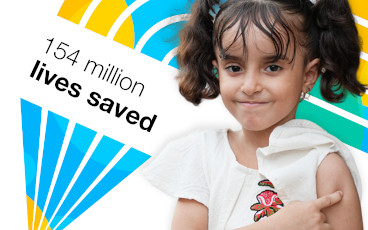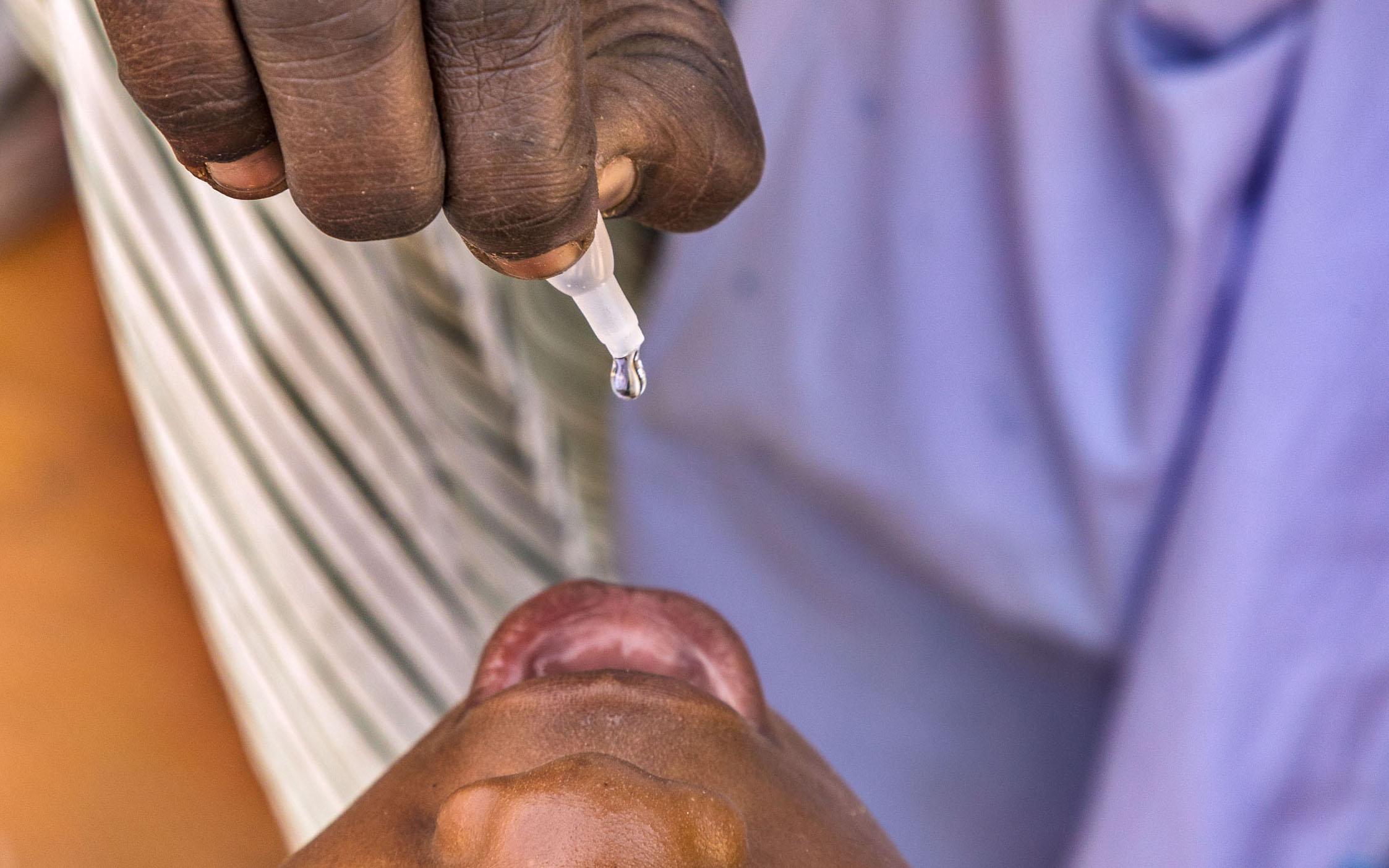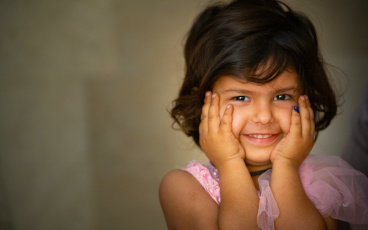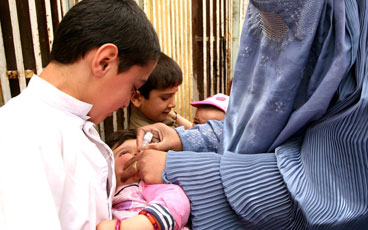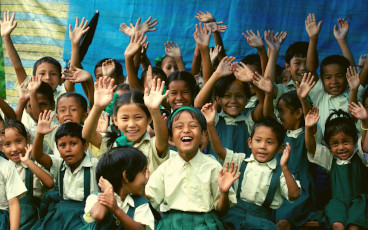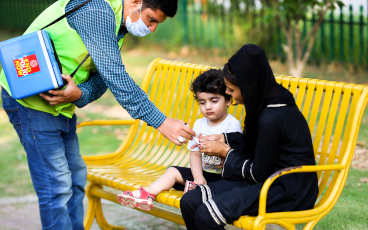Rotary clubs worldwide meet US$200 million fundraising challenge
Rotary International News – Rotary International has succeeded in meeting the Bill & Melinda Gates Foundation’s US$200 million match in funding for polio eradication.
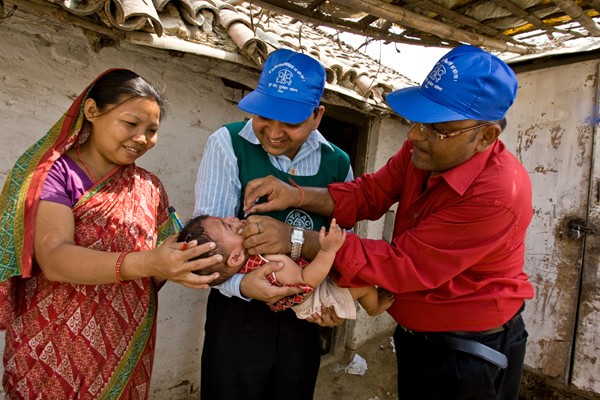
Rotary International News – Rotary International has succeeded in meeting the Bill & Melinda Gates Foundation’s US$200 million match in funding for polio eradication.
“We’ll celebrate this milestone, but it doesn’t mean that we’ll stop raising money or spreading the word about polio eradication,” Rotary Foundation Trustee John F. Germ told Rotary leaders at the International Assembly in San Diego, California, USA. “We can’t stop until our entire world is certified as polio free.”
The fundraising milestone was reached in response to $355 million in challenge grants awarded to The Rotary Foundation by the Gates Foundation. All funds have been earmarked to support polio immunization activities in affected countries where the vaccine-preventable disease continues to paralyze children.
“In recognition of Rotary’s great work, and to inspire Rotarians in the future, the [Gates] foundation is committing an additional $50 million to extend our partnership,” said Jeff Raikes, chief executive officer of the Gates Foundation. “Rotary started the global fight against polio, and continues to set the tone for private fundraising, grassroots engagement, and maintaining polio at the top of the agenda with key policy makers.” Raikes also addressed Rotary leaders at the International Assembly.
Since 1988, the incidence of polio has plummeted by more than 99 percent, from about 350,000 cases annually to fewer than 650 cases reported so far for 2011. The wild poliovirus is now endemic in only four countries: Afghanistan, India, Nigeria, and Pakistan. However, India on 13 January marked a full calendar year without a case, paving the way for its removal from the endemic list.
But other countries also remain at risk for polio cases imported from the endemic countries. In Africa in 2011, Chad and the Democratic Republic of the Congo had significant outbreaks. Also in 2011, a small cluster of polio cases in China, which had been polio-free for a decade, was traced to Pakistan.
Rotary club members not only reached into their own pockets to support the Gates challenge, they engaged their communities in a variety of creative fundraising projects, such as a fashion show in California that raised $52,000; benefit film screenings in New Zealand and Australia that netted $54,000; and a pledge-supported hike through Kilimanjaro, Tanzania, that brought in $38,000. Many events were planned around October 24, widely observed as World Polio Day.
To date, Rotarians worldwide have contributed more than $1 billion toward the eradication of polio, a cause Rotary took on in 1985. In 1988, the World Health Organization, UNICEF, and the U.S. Centers for Disease Control and Prevention joined Rotary as spearheading partners of the Global Polio Eradication Initiative. More recently, the Gates Foundation has become a major supporter. In 2007, the Gates Foundation gave Rotary a $100 million challenge grant for polio eradication, increasing it to $355 million in 2009. Rotary agreed to raise $200 million in matching funds by 30 June 2012.
Reaching children with the oral polio vaccine in the disease’s remaining strongholds is labor- and resource-intensive due to a host of challenges, including poor infrastructure, geographical isolation, armed conflict, and cultural misunderstanding about the eradication campaign.


